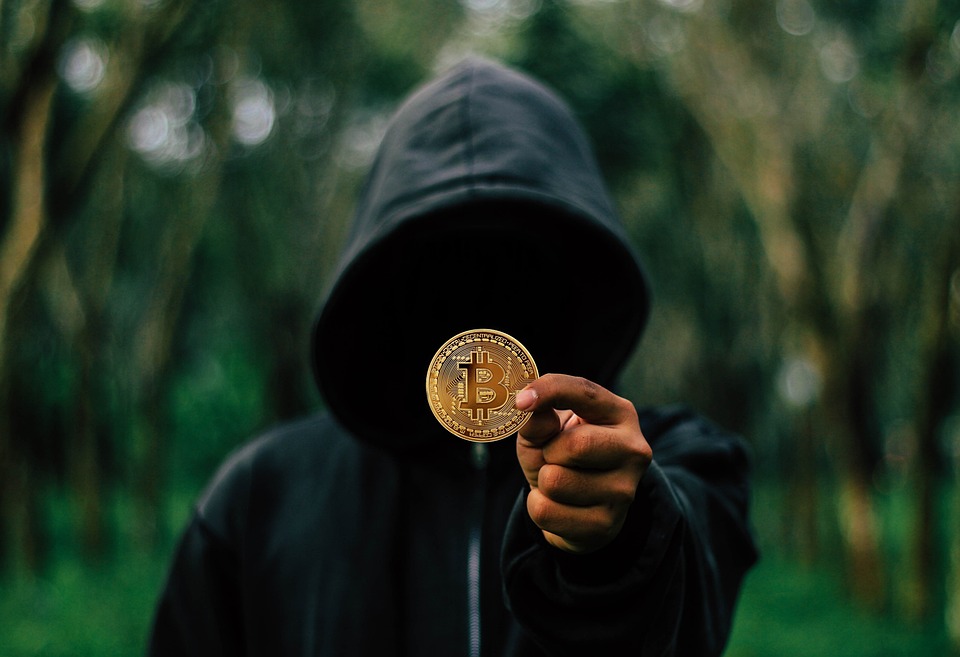India’s Supreme Court Upholds Ban on Crypto Trading, Sparking Debate
In a landmark judgment, India’s Supreme Court has upheld the central bank’s decision to ban cryptocurrency trading in the country. The ruling has sent shockwaves throughout the crypto community, with many advocates of digital assets expressing dismay and disappointment.
Background
The ban on cryptocurrency trading was first announced by the Reserve Bank of India (RBI) in April 2018, when it declared that all regulated financial institutions, including banks and payment providers, would be prohibited from dealing with entities that were involved in cryptocurrency transactions. The move was widely seen as a bid to curb the use of cryptocurrencies, which the government and central bank view as risky and unregulated.
The decision was challenged in court by several cryptocurrency exchanges, as well as the Internet and Mobile Association of India (IAMAI), which argued that the ban was unconstitutional and would lead to a decline in innovation and entrepreneurship in the country.
Court Ruling
On Monday, the Supreme Court ruled in favor of the RBI, stating that the central bank had the authority to restrict the use of cryptocurrencies in the country. The court rejected the arguments put forward by the cryptocurrency exchanges, holding that the RBI’s ban did not violate any constitutional rights.
The ruling is likely to have a significant impact on the Indian cryptocurrency market, which is one of the largest and most active in the world. Many analysts expect that the ban will lead to a significant decline in the price of cryptocurrencies, as well as a reduction in trading volumes.
Reactions
The court’s ruling has been met with widespread criticism from the cryptocurrency community, with many expressing disappointment and frustration at the decision.
"I am shocked and disappointed by the Supreme Court’s ruling," said Alisher Karamov, a cryptocurrency trader. "This ban will stifle innovation and entrepreneurship in India, and will only benefit the established financial system."
"Today’s ruling is a setback for freedom and innovation in India," added Vitalik Buterin, co-founder of Ethereum. "I hope that the government and RBI will reconsider their approach to cryptocurrencies in the future."
On the other hand, some economists and financial experts have welcomed the court’s decision, arguing that it will help to protect investors and prevent a potential bubble in the cryptocurrency market.
"The Supreme Court’s ruling is a welcome development," said Bibek Debroy, chairman of the Prime Minister’s Economic Advisory Council. "Cryptocurrencies are inherently risky and unregulated, and it’s essential that we take steps to protect our investors and financial system."
Outlook
The implications of the court’s ruling are far-reaching, and are likely to have a significant impact on the cryptocurrency market in India. While the ban is likely to have a negative impact on the price and trading volumes of cryptocurrencies, it may also help to reduce the risk of investment in the market.
In the short term, many cryptocurrency exchanges and traders are expected to leave India, or to find new ways to circumvent the ban. In the long term, the government and RBI may be forced to reconsider their approach to cryptocurrencies, in light of the rapidly evolving nature of the market and the growing interest in digital assets.
Regardless of the outcome, the debate over cryptocurrency regulation in India is likely to continue for some time, with many advocating for greater transparency and regulation in the market.
